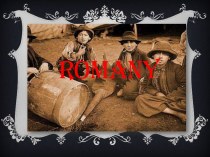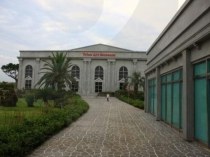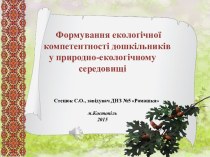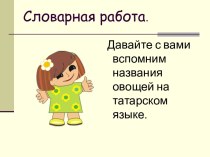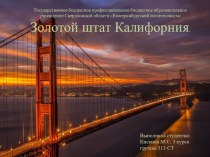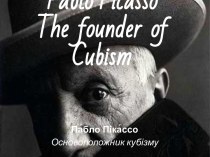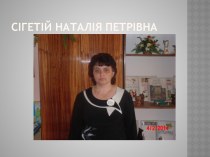- Главная
- Разное
- Бизнес и предпринимательство
- Образование
- Развлечения
- Государство
- Спорт
- Графика
- Культурология
- Еда и кулинария
- Лингвистика
- Религиоведение
- Черчение
- Физкультура
- ИЗО
- Психология
- Социология
- Английский язык
- Астрономия
- Алгебра
- Биология
- География
- Геометрия
- Детские презентации
- Информатика
- История
- Литература
- Маркетинг
- Математика
- Медицина
- Менеджмент
- Музыка
- МХК
- Немецкий язык
- ОБЖ
- Обществознание
- Окружающий мир
- Педагогика
- Русский язык
- Технология
- Физика
- Философия
- Химия
- Шаблоны, картинки для презентаций
- Экология
- Экономика
- Юриспруденция
Что такое findslide.org?
FindSlide.org - это сайт презентаций, докладов, шаблонов в формате PowerPoint.
Обратная связь
Email: Нажмите что бы посмотреть
Презентация на тему Monuments and Memorials to the Heroes of the First World War in the Commonwealth of Nations
Содержание
- 2. World War I…July 28, 1914 - November 11, 1918
- 3. The soldierIf I should die, think only
- 4. Belgium
- 5. The Menena Gate (Ypres)(1927, author - R.
- 6. Memorial to the victims of the First
- 7. Cemetery of the Mysteries of the CatThis
- 8. GERMANY
- 9. Memorial to Neuilly-Vahe - "New Watchtower"The original
- 10. THE UNITED KINGDOM (United Kingdom, British Empire and Commonwealth)
- 11. Tomb of the Unknown Soldier (Westminster Abbey,
- 12. Cenotaph in memory of the victims of
- 13. War Memorial in Sydney (Australia)It was created
- 14. «The art of war is a science
- 15. Скачать презентацию
- 16. Похожие презентации
World War I…July 28, 1914 - November 11, 1918
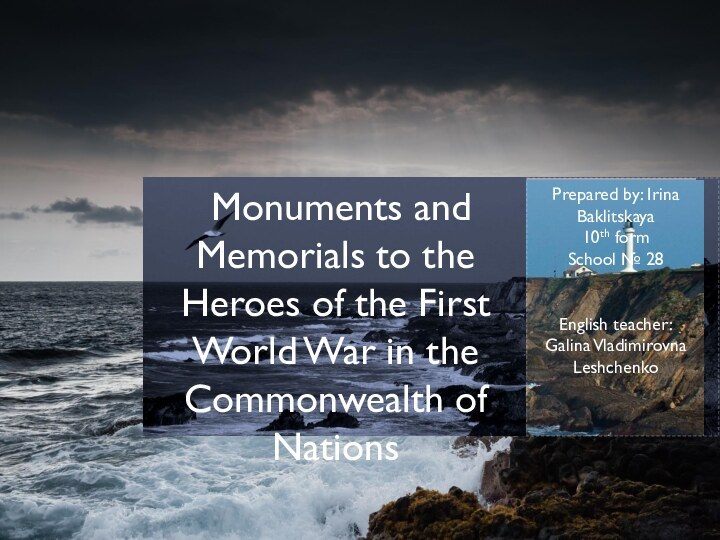
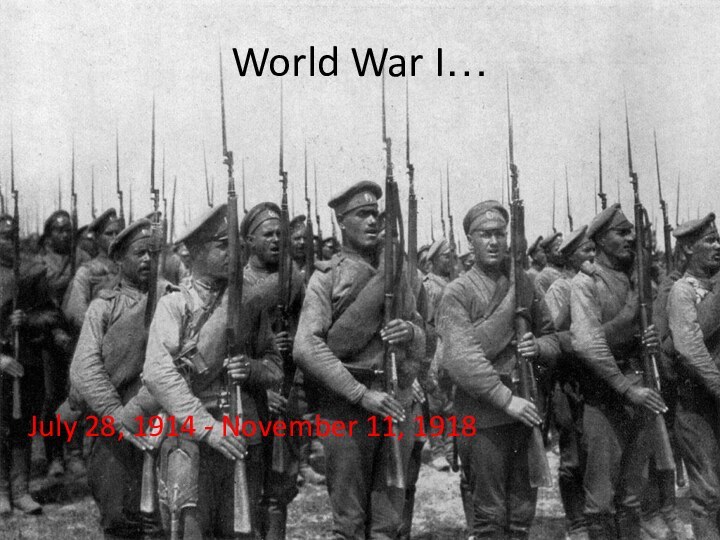

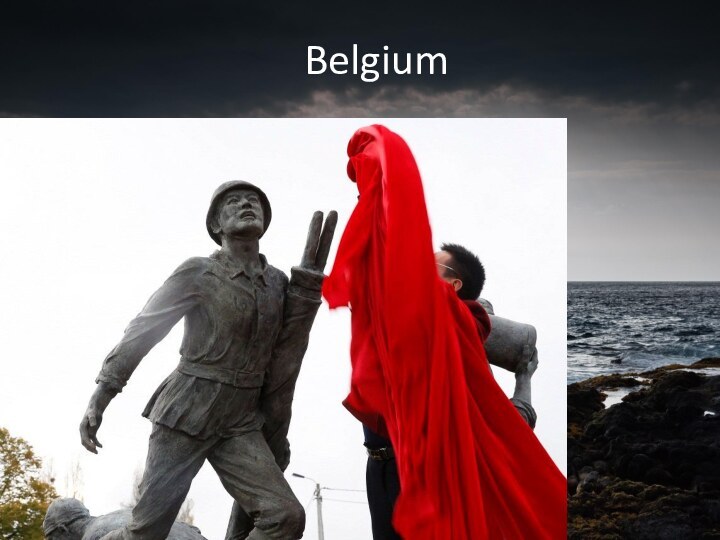
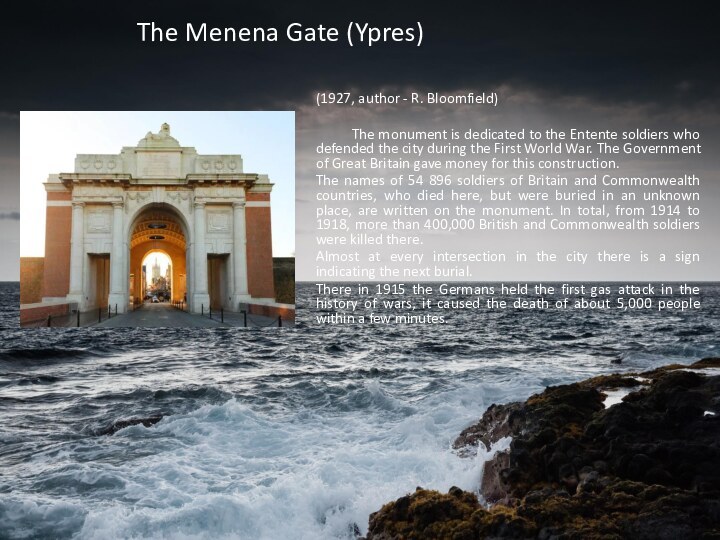
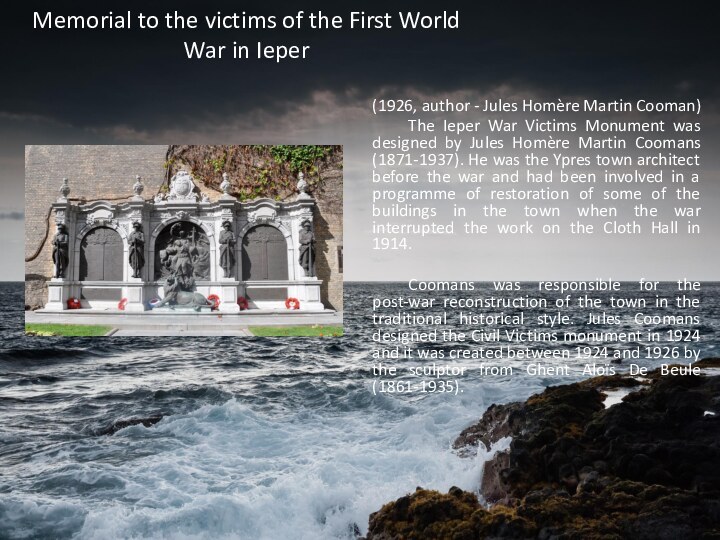
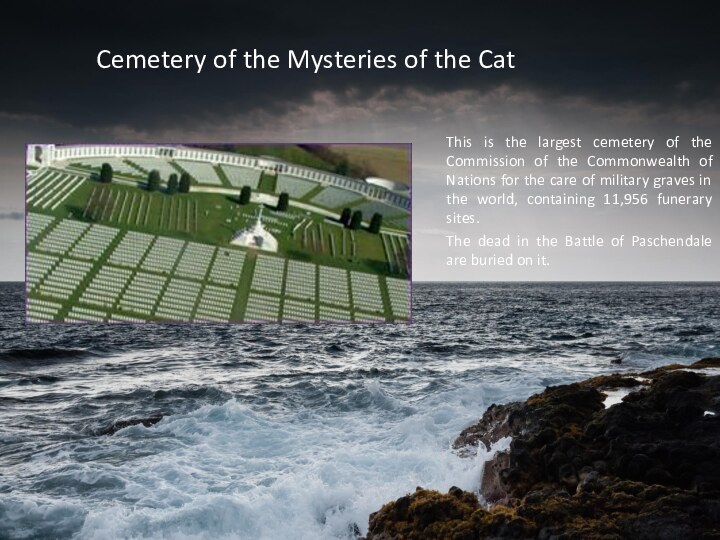
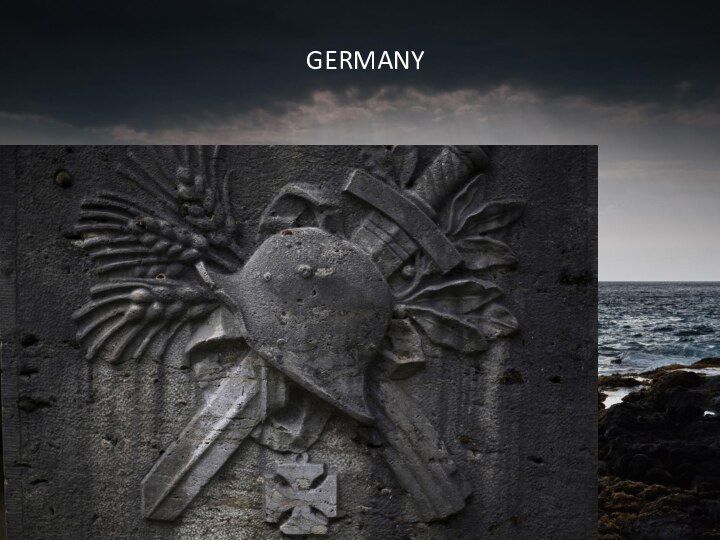
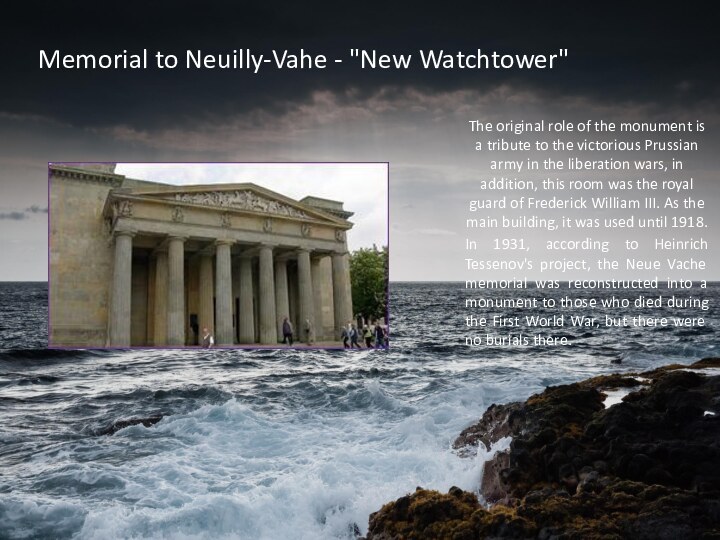
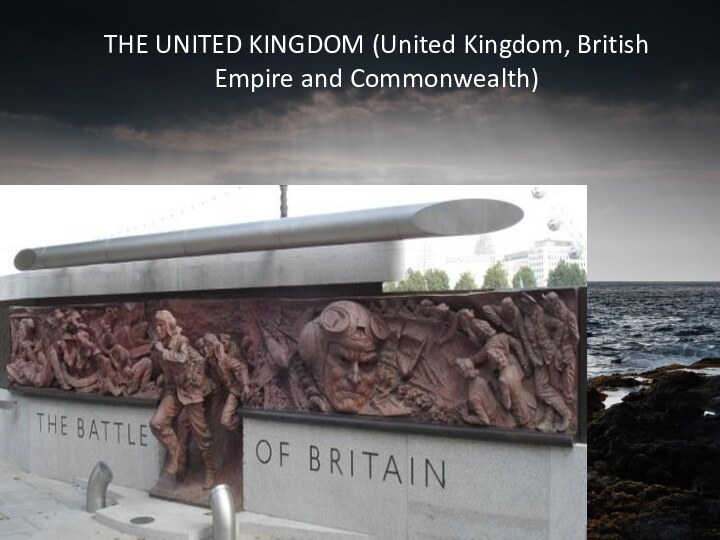
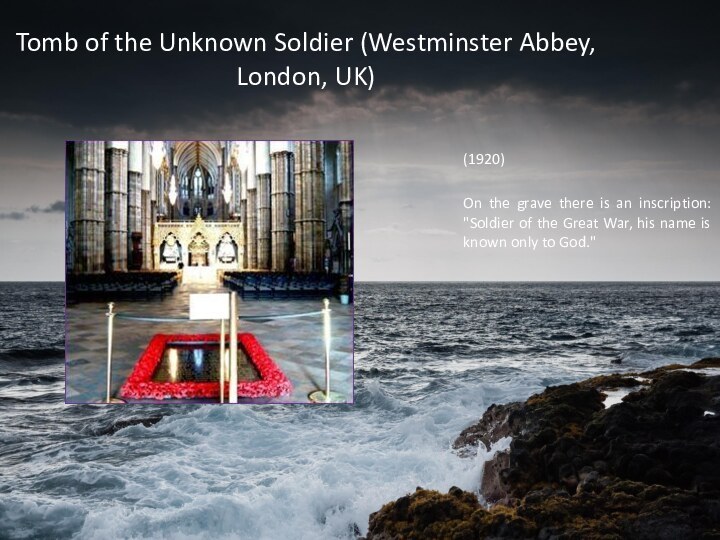
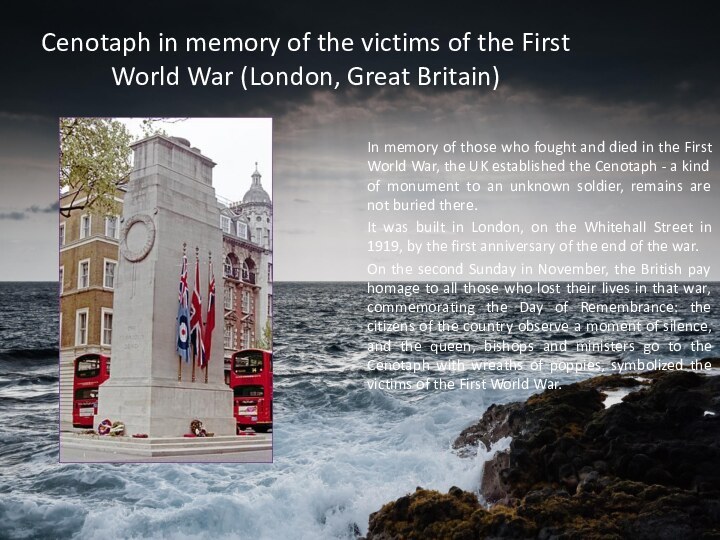
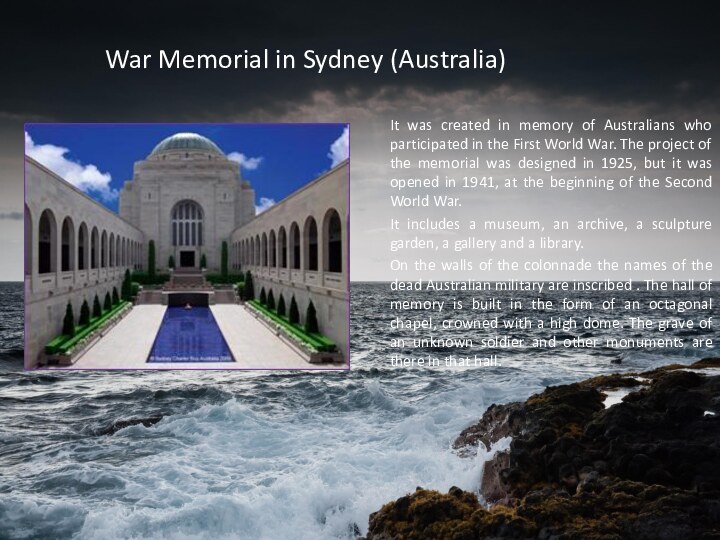


Слайд 3
The soldier
If I should die, think only this
of me:
That there’s some corner of
a foreign fieldThat is for ever England. There shall be
In that rich earth a richer dust concealed;
A dust whom England bore, shaped, made aware,
Gave, once, her flowers to love, her ways to roam,
A body of England’s, breathing English air,
Washed by the rivers, blest by suns of home.
And think, this heart, all evil shed away,
A pulse in the eternal mind, no less
Gives somewhere back the thoughts by England given;
Her sights and sounds; dreams happy as her day;
And laughter, learnt of friends; and gentleness,
In hearts at peace, under an English heaven.
1914
Rupert Brook
Слайд 5
The Menena Gate (Ypres)
(1927, author - R. Bloomfield)
The
monument is dedicated to the Entente soldiers who defended
the city during the First World War. The Government of Great Britain gave money for this construction.The names of 54 896 soldiers of Britain and Commonwealth countries, who died here, but were buried in an unknown place, are written on the monument. In total, from 1914 to 1918, more than 400,000 British and Commonwealth soldiers were killed there.
Almost at every intersection in the city there is a sign indicating the next burial.
There in 1915 the Germans held the first gas attack in the history of wars, it caused the death of about 5,000 people within a few minutes.
Слайд 6 Memorial to the victims of the First World
War in Ieper
(1926, author - Jules Homère Martin Cooman)
The
Ieper War Victims Monument was designed by Jules Homère Martin Coomans (1871-1937). He was the Ypres town architect before the war and had been involved in a programme of restoration of some of the buildings in the town when the war interrupted the work on the Cloth Hall in 1914.Coomans was responsible for the post-war reconstruction of the town in the traditional historical style. Jules Coomans designed the Civil Victims monument in 1924 and it was created between 1924 and 1926 by the sculptor from Ghent Aloïs De Beule (1861-1935).
Слайд 7
Cemetery of the Mysteries of the Cat
This is
the largest cemetery of the Commission of the Commonwealth
of Nations for the care of military graves in the world, containing 11,956 funerary sites.The dead in the Battle of Paschendale are buried on it.
Слайд 9
Memorial to Neuilly-Vahe - "New Watchtower"
The original role
of the monument is a tribute to the victorious
Prussian army in the liberation wars, in addition, this room was the royal guard of Frederick William III. As the main building, it was used until 1918.In 1931, according to Heinrich Tessenov's project, the Neue Vache memorial was reconstructed into a monument to those who died during the First World War, but there were no burials there.
Слайд 11 Tomb of the Unknown Soldier (Westminster Abbey, London,
UK)
(1920)
On the grave there is an inscription: "Soldier of
the Great War, his name is known only to God."Слайд 12 Cenotaph in memory of the victims of the
First World War (London, Great Britain)
In memory of those
who fought and died in the First World War, the UK established the Cenotaph - a kind of monument to an unknown soldier, remains are not buried there.It was built in London, on the Whitehall Street in 1919, by the first anniversary of the end of the war.
On the second Sunday in November, the British pay homage to all those who lost their lives in that war, commemorating the Day of Remembrance: the citizens of the country observe a moment of silence, and the queen, bishops and ministers go to the Cenotaph with wreaths of poppies, symbolized the victims of the First World War.
Слайд 13
War Memorial in Sydney (Australia)
It was created in
memory of Australians who participated in the First World
War. The project of the memorial was designed in 1925, but it was opened in 1941, at the beginning of the Second World War.It includes a museum, an archive, a sculpture garden, a gallery and a library.
On the walls of the colonnade the names of the dead Australian military are inscribed . The hall of memory is built in the form of an octagonal chapel, crowned with a high dome. The grave of an unknown soldier and other monuments are there in that hall.

